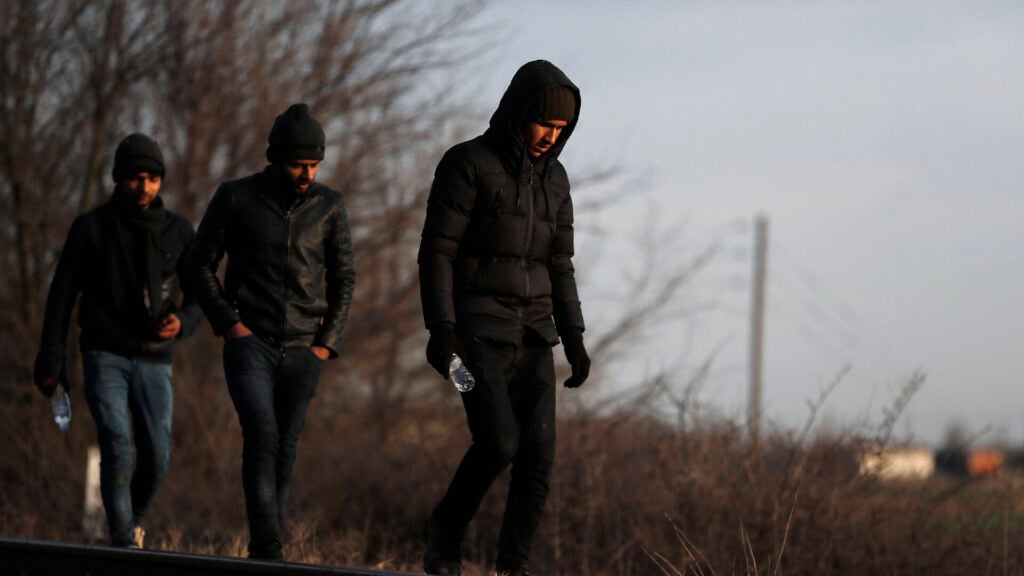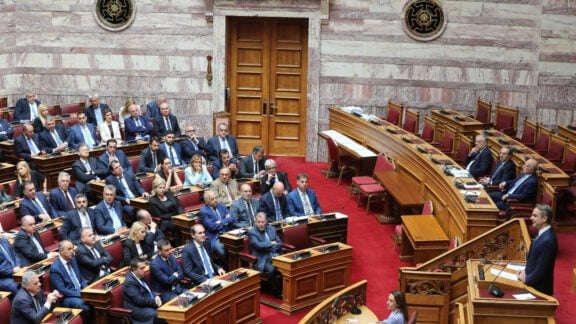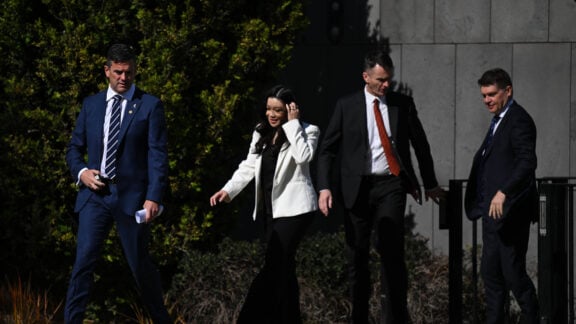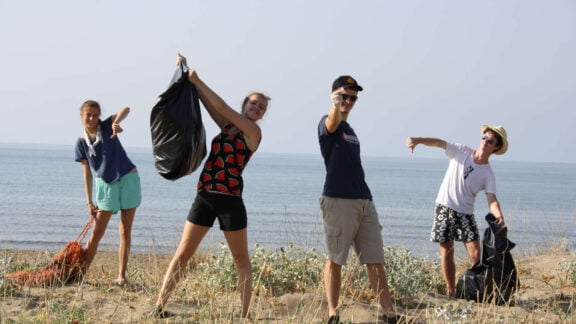The global refugee crisis continues to affect millions, shaping national debates and international policy. War, climate change, natural disasters, and economic hardship drive people to leave their homelands, yet the term “refugee” is often politicized, appearing in partisan media narratives.
On Monday, September 1, academics, students, and community are called to gather at Monash’s Caulfield campus for Navigating Displacement and Belonging: Comparative Perspectives on Refugee Integration in Greece and Australia.
What does it mean to belong in a new country, and how do societies approach integration? These questions will guide the panel on Monday, hosted by Monash University’s Global Peace and Security Centre in partnership with Advocates for Dignity.
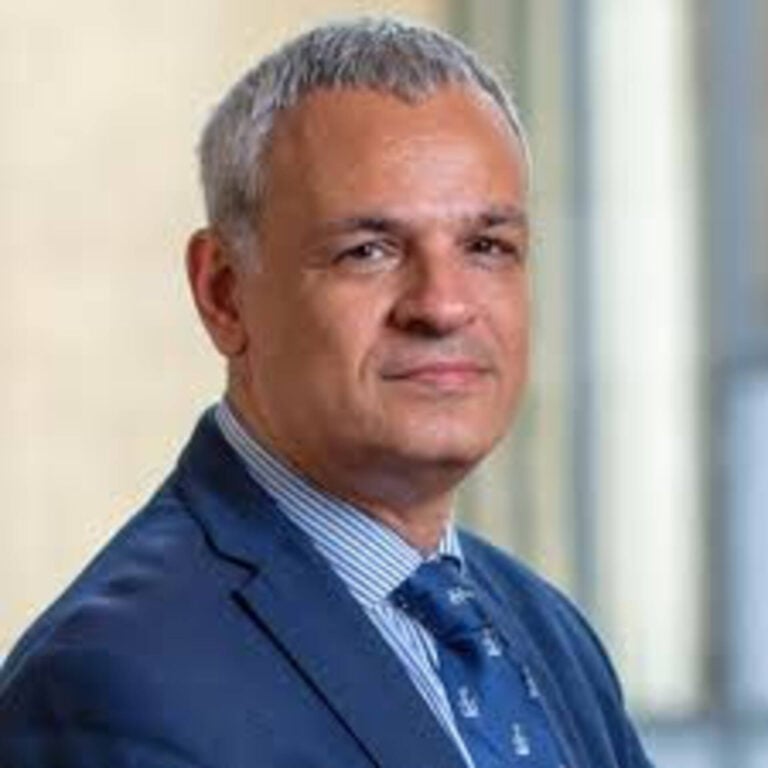
Monday’s discussion will feature two leading international scholars. Professor Sotirios S. Livas of the Ionian University in Corfu will draw on decades of research on migration, the Middle East, Islam, and democracy, offering insights into the cultural and political challenges facing Europe’s migration frontline. Associate Professor Emmanuel (Manos) Karagiannis from King’s College London brings expertise in international security, extremism, and integration, with research and teaching experience at Oxford, Cambridge, Princeton, and the US Military Academy at West Point.
At the end of 2024, the UNHCR estimated that 123.2 million people worldwide were forcibly displaced, including refugees, asylum seekers, and internally displaced persons. Of these, around 42.7 million were refugees, with 36.8 million under UNHCR’s mandate.
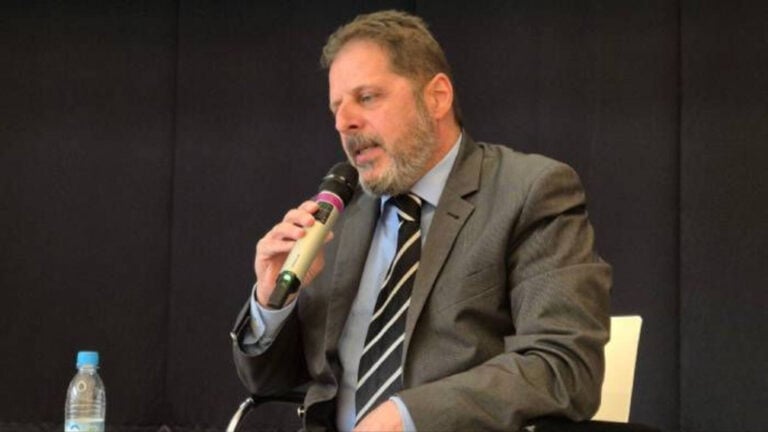
In Greece, the Department of Home Affairs reports that as of early 2024, around 913,400 third-country nationals resided in the country, representing 8.8 per cent of the population, alongside 234,400 EU citizens. In Australia, the Refugee Council reports that 20,000 refugee and humanitarian visas were granted in the 2023–24 financial year, maintaining the program’s annual cap. Since World War II, Australia has welcomed close to one million refugees and humanitarian entrants, with 2023 alone seeing 15,223 arrivals, accounting for just over 1 per cent of refugees resettled globally that year.
Monday’s panel will examine the legal and policy frameworks and the lived experiences of refugees who navigate identity, community, and belonging. Greece’s frontline role in the European migration landscape will be compared with Australia’s managed migration model, offering lessons on integration and the role of civil society.
*The evening begins at 5.45pm with refreshments and networking, followed by the panel at 6:30pm in Building H, Room HB36, Monash Caulfield campus (900 Dandenong Rd, Caulfield East).
